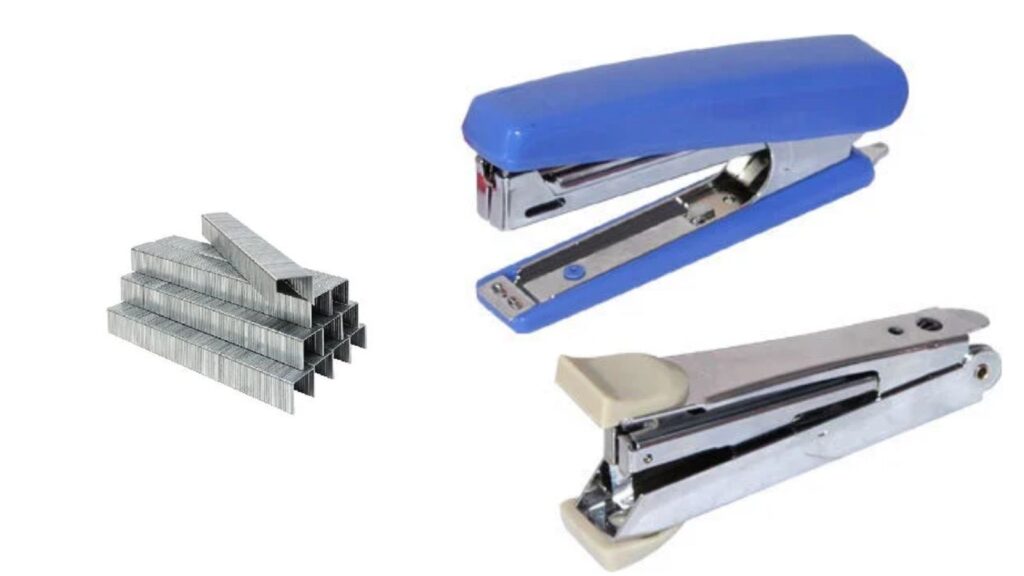Stapler Pins Can Take 50 to 100 Years to Decompose’: Here’s the Right Way to Dispose of Them

Stapler Pins Can Take 50 to 100 Years to Decompose’: Here’s the Right Way to Dispose of Them
The best method for disposing of stapler pins is as follows.
We frequently neglect the everyday stationery items. We utilize a significant number of staples, and due to their small size, monitoring usage can be quite challenging. If these staples are disposed of in landfills, they may become mixed with various other materials.
These items can also contribute to landfill waste and, more alarmingly, may find their way into our oceans, posing risks to both wildlife and humans.
This issue was brought to light by environmental advocate Anuj Ramatri, who pointed out that many individuals dispose of staple pins carelessly, which can potentially harm waste collectors or be ingested by animals.
Ramatri’s post regarding stapler pins provides a thorough explanation.
https://www.facebook.com/reel/920194573409119
Wildlife may accidentally consume these pins if they are discarded in natural environments, leading to potential injury or fatality. This situation not only affects wildlife tourism but also has broader implications for biodiversity and ecotourism.
The pins are constructed from metals and are not biodegradable, resulting in a prolonged breakdown period in the environment. If not disposed of correctly, they can accumulate in soil and water, leading to adverse effects.
As a result, when they corrode or melt, there is a possibility that they could be washed into oceans. Furthermore, their resistance to decomposition means they can contribute to environmental litter.
The production of staplers results in significant carbon dioxide emissions. Given that carbon dioxide is a major contributor to global warming, it can be said that staples, albeit in a small manner, play a role in this environmental issue.
Disposing stapler pins the perfect way
Rather than discarding them, consider gathering them in a box. Once you have accumulated a substantial amount, you can then pass them on to recyclers who will ensure they are processed in an environmentally responsible manner, says Ramatri.












